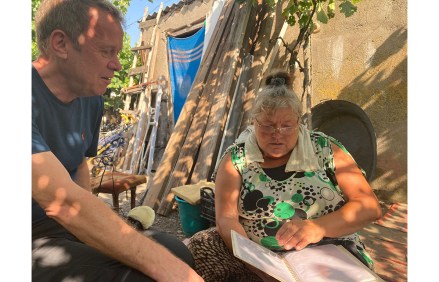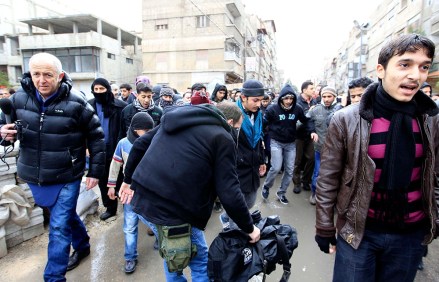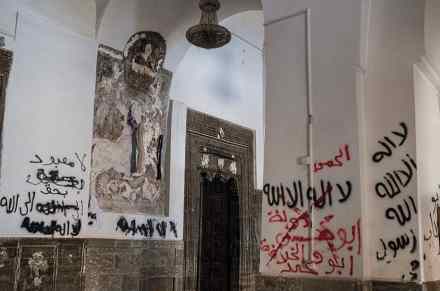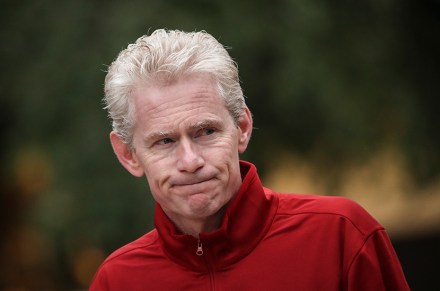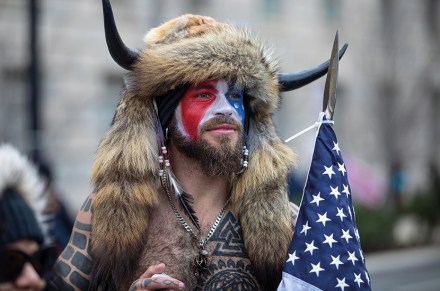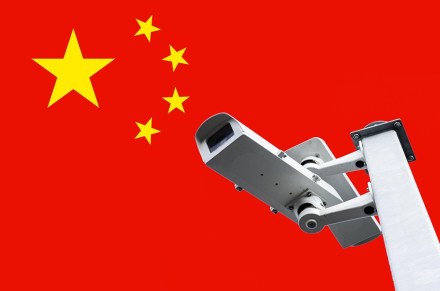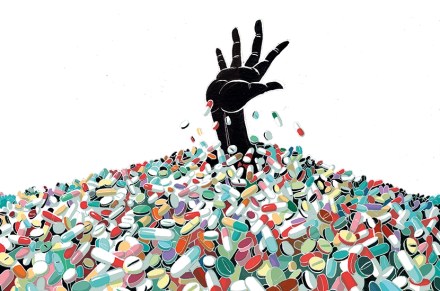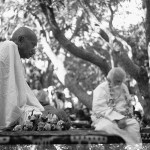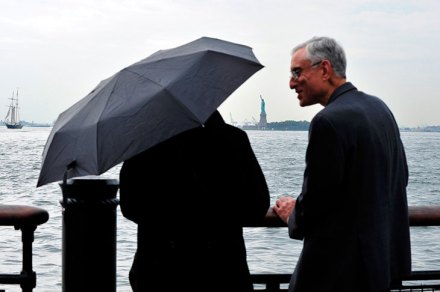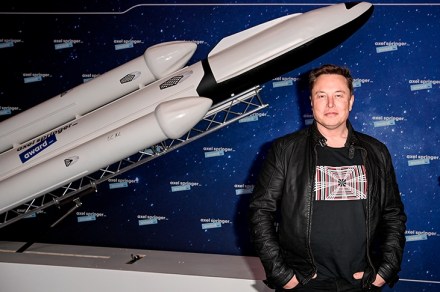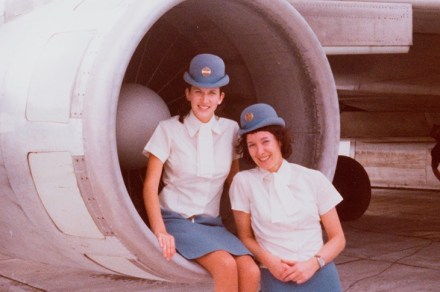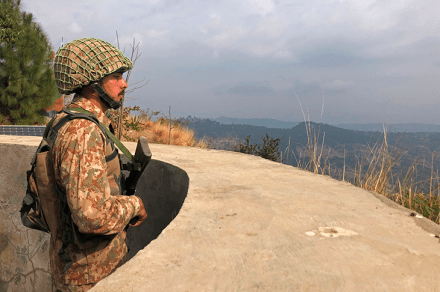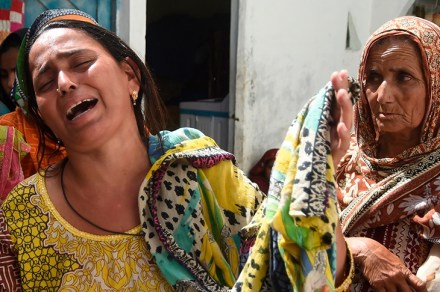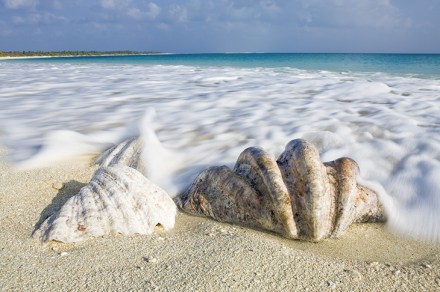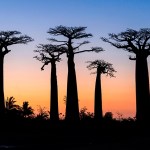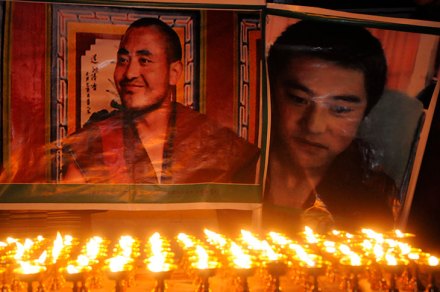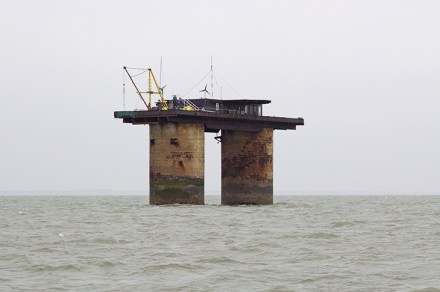A David and Goliath battle involving a billion-dollar pornography website
Laila Mickelwait’s Takedown describes in fascinating and often distressing detail both why Pornhub, the Canadian-owned internet pornography video-sharing website, needs to be destroyed and how this might be achieved. It’s not the story of a movement against the porn industry, like the one I have been involved with for decades, but more a woman’s lone, Erin Brockovich-like crusade to shut down a major distributor. The book relates how, through investigative journalism, Mickelwait discovered that one of the world’s biggest websites was knowingly profiting from sex trafficking, and reveals her subsequent fight to hold Pornhub accountable for its distribution and monetisation of child sexual abuse and rape. She is the founder



